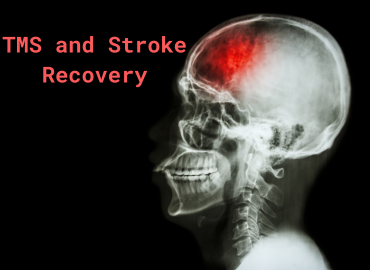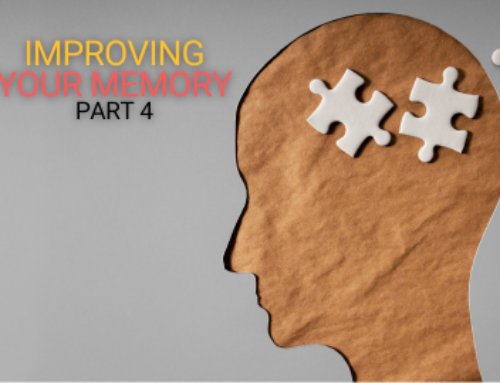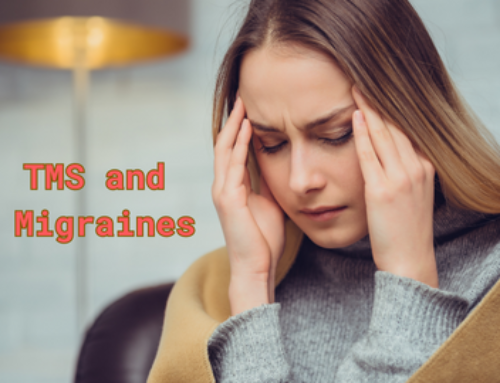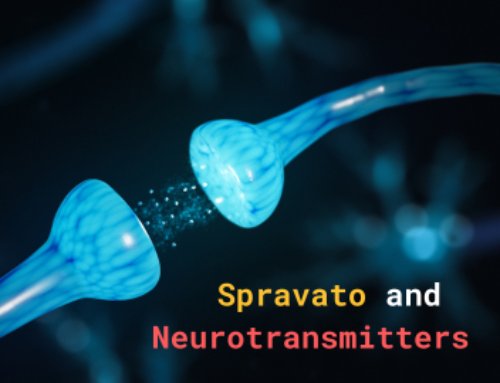TMS and Stroke Recovery
A stroke is an event in which the brain loses a degree of function because of a disturbance in blood supply. There are three main types of stroke:
− Ischemic strokes, the most common kind, are caused by a blockage in a blood vessel that supplies the brain with oxygen
− Hemorrhagic strokes are caused by bleeding in or around the brain
− Transient ischemic attacks (TIAs), also called “mini-strokes,” are the same as an ischemic stroke
except that they are shorter because the blockage clears quickly
Strokes are the leading cause of long-term disability in the United States and the third leading cause of death in the United States. People who have already had a stroke are at a higher risk of having another. According to the CDC, one in four people who have suffered a stroke will have another within five years of the first. The greatest risk is during the first week after a stroke.
A stroke can easily kill someone, and if it does not, it can be devastating to the life of the sufferer and those around them. These are some common early symptoms of a stroke:
− Vision impairment in one eye or both
− Confusion and/or dizziness
− Trouble speaking and/or understanding speech
− Loss of balance and coordination
− Numbness, typically in one side of the body, and most often in the arm, leg, or face
− Severe headache accompanying other symptoms
Symptoms of a stroke come on suddenly, so it is important to be aware of them in yourself and others. Strokes are best treated within three hours of onset, so it is important to waste no time in getting the person professional help. Call 911 immediately, and if you suspect you are having a stroke, do not attempt to drive.
If you think someone is having a stroke, perform the F.A.S.T. test.
− Face: Ask the person to smile or grimace and see if one side of their face droops or does not move
− Arms: Ask the person to raise both arms and see if one drops or can’t be lifted
− Speech: Ask the person to repeat a phrase and see if their speech is altered
− Time: If any of the above signs of a stroke are present, call 911 immediately
The longer the brain is without adequate blood supply, the greater the risk that the person may have lasting loss of function. Many stroke patients are able to recover most or all of their faculties, but many are affected forever. Here are some of the lasting issues strokes can cause:
− Pain in the extremities
− Problems speaking clearly
− Memory disturbances
− Paralysis in one or more limbs or one or both sides of the body
− Trouble chewing and swallowing
− Depression and anxiety
One of the most awful things about a stroke is that, while a healthy lifestyle helps reduce the risk of having one, anyone can fall victim at any time. Fortunately, medicine has made great strides in responding to and treating strokes. Speech therapy helps patients reclaim their powers of speaking and understanding. Occupational therapy empowers stroke patients in performing the daily business of eating, drinking, bathing, dressing, and more. Physical therapy helps people regain coordination and strength in affected limbs. Medications like blood thinners are good for removing and preventing blood clots.
Transcranial magnetic stimulation (TMS) using the NeuroStar system is a service we offer at this clinic that is being studied as a method of treating depression that hasn’t responded to other methods. Read more about TMS on this page and in our blog. TMS is undergoing intensive study as a tool to help stroke patients recover. TMS uses electromagnetic pulses to give information channels in the brain a boost and encourage positive neuroplasticity. There are two main avenues that are being explored. One involves using low-frequency TMS on the unaffected hemisphere of the brain to reduce its excitability and help return balance. The other method uses high-frequency pulses on the affected hemisphere to increase its excitability.
We are hopeful that TMS will not only continue to be a quality tool for treating treatment resistant depression but will help stroke patients achieve a better quality of life. Studying TMS as a method for improved brain function and mobility has a high likelihood of producing data that will drive study for other uses.
To learn more about TMS and our other services, contact us on our website anytime or call (585) 442-
6960.





